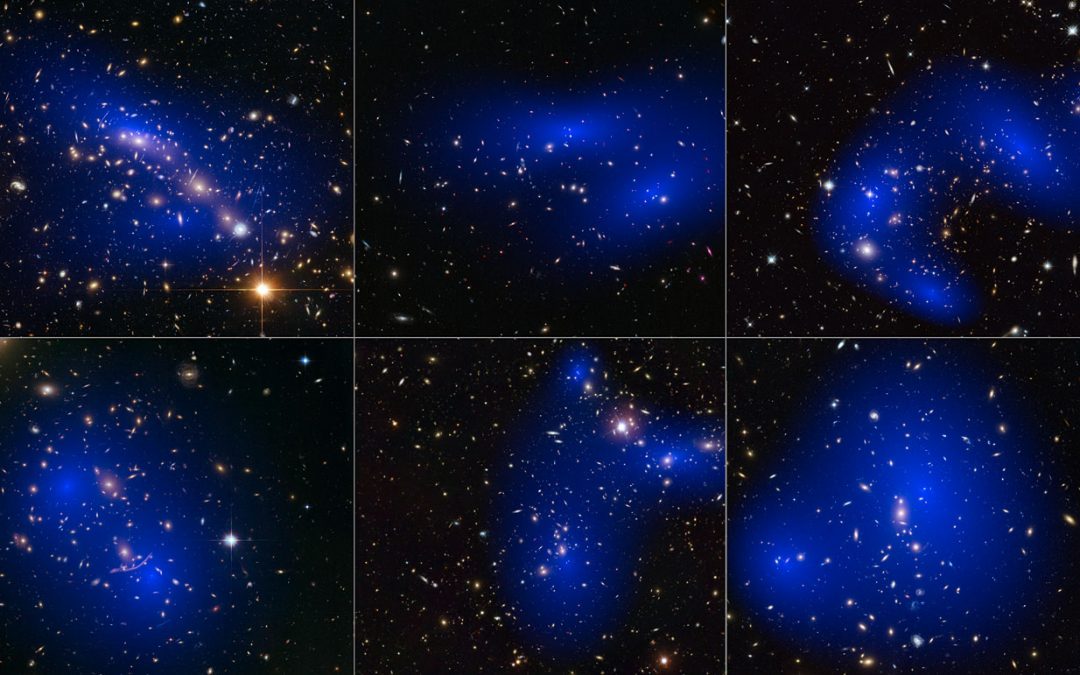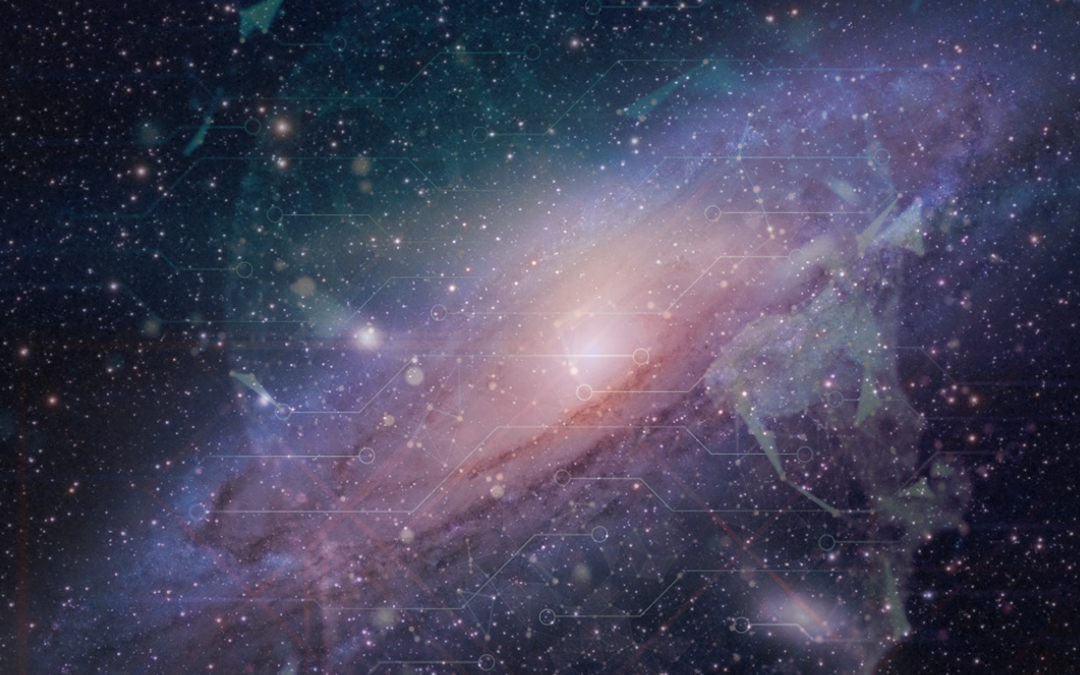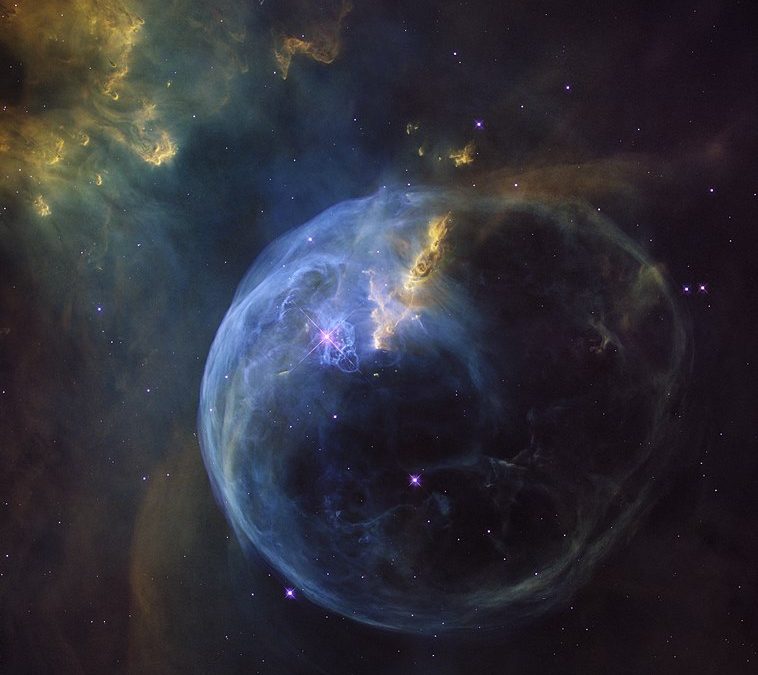Podcast: Play in new window | Download | Embed
Subscribe: RSS
Knowledge moves forward, and so, we must move with it. Today we’ll give you an update on some of the most fascinating, and fast-changing topics in astronomy, astrophysics and cosmology.



Podcast: Play in new window | Download | Embed
Subscribe: RSS
Knowledge moves forward, and so, we must move with it. Today we’ll give you an update on some of the most fascinating, and fast-changing topics in astronomy, astrophysics and cosmology.

Podcast: Play in new window | Download | Embed
Subscribe: RSS
Although humans have never actually been to Mars, explorers have simulated many aspects of Mars missions here on Earth. There are missions under the ocean, on the tops of volcanoes, in the harsh Canadian north, and even in bed that simulate the limitations of spacefligh…

Podcast: Play in new window | Download | Embed
Subscribe: RSS
Computers are a big part of astronomy, but mostly they’ve been relegated to doing calculations. Recent developments in machine learning have changed everything, giving computers the ability to do jobs that humans could only do in the past.

Podcast: Play in new window | Download | Embed
Subscribe: RSS
We think of space as a vacuum, but there are regions of different density. There are winds blowing from stars and other objects that clear out vast bubbles in space, and look absolutely fantastic in pictures. And might have been critical for Earth to even exist in the f…
Recent Episodes

Take a fact-based journey through the cosmos. Tune in to hear weekly discussions on astronomical topics ranging from planets to cosmology. Hosted by Fraser Cain (Universe Today) and Dr. Pamela L. Gay (Planetary Science Institute), this show brings the questions of an avid astronomy lover direct to an astronomer. Together Fraser and Pamela explore what is known and being discovered about the universe around us. Astronomy Cast is supported thru patreon.com/AstronomyCast.
Astronomy Cast Ep. 762: Science in Crisis – NASA’s New Budget By Fraser Cain & Dr. Pamela Gay Streamed live on Jun 30, 2025. Hosted by: Fraser Cain and Dr. Pamela L. Gay Normally we try to end the season on a high note. But there’s unfolding news that we just HAVE to cover before we leave you for the summer. NASA’s new budget is here, and it’s 25% smaller. We’ll cover what the changes are and try to understand the implications. It’s a bad decade to be a researcher. We’re going to look at why, and what US cuts will mean for the world. SUPPORTED BY YOU This Episode is made possible thanks to our Patrons on Patreon. Join at the Galaxy Group level or higher to be listed in our YouTube videos. Thanks to: BogieNet, Stephen Vei, Jeanette Wink, Siggi Kemmler, Andrew Poelstra, Brian Cagle, David Truog, Ed, David, Gerhard Schwarzer, Sergio Sancevero, Sergey Manouilov, Burry Gowen, David Rossetter, Michael Purcell, Jason Kwong
